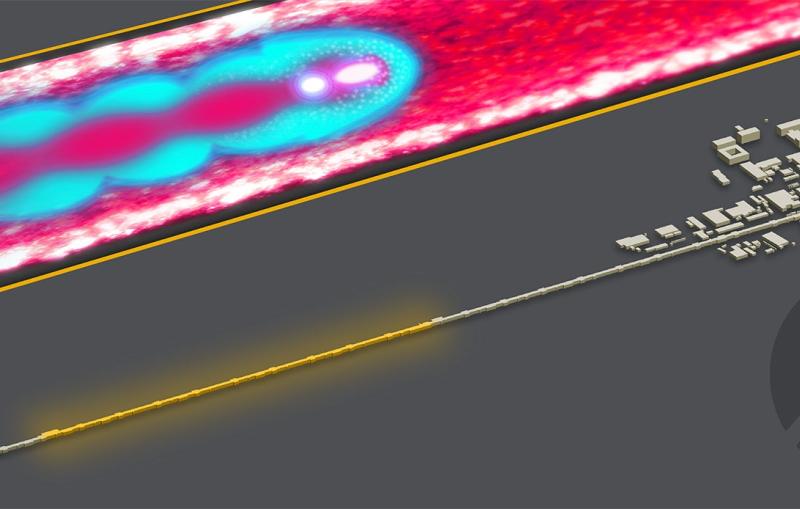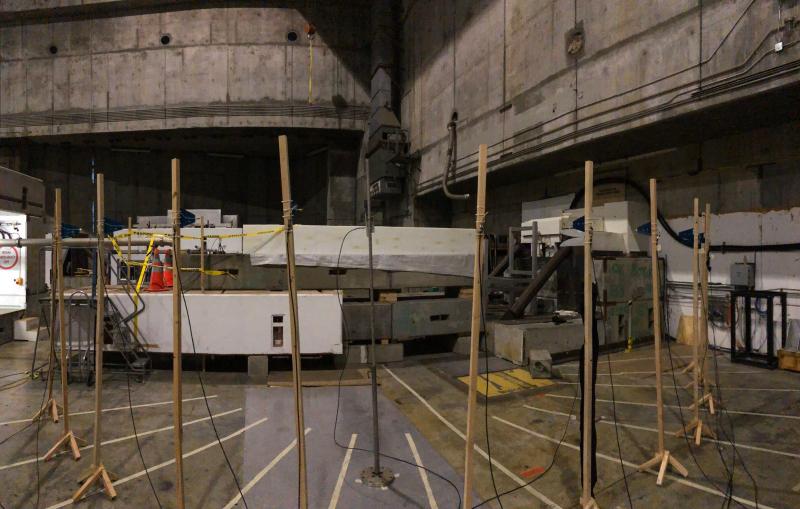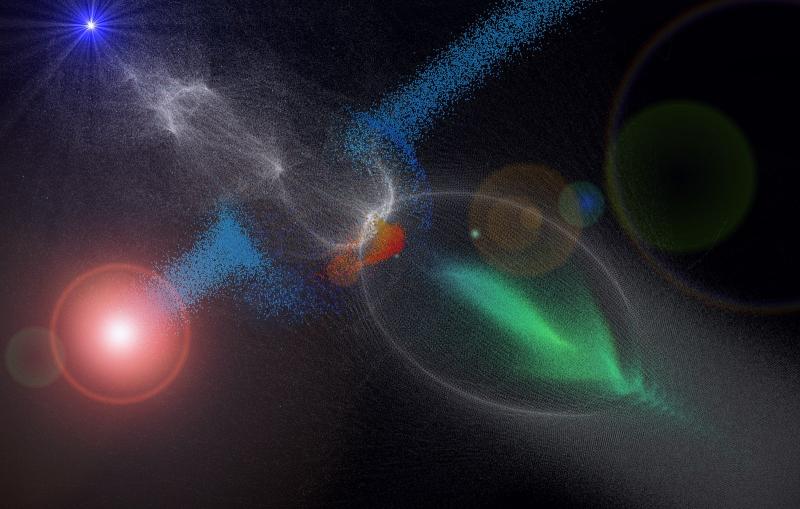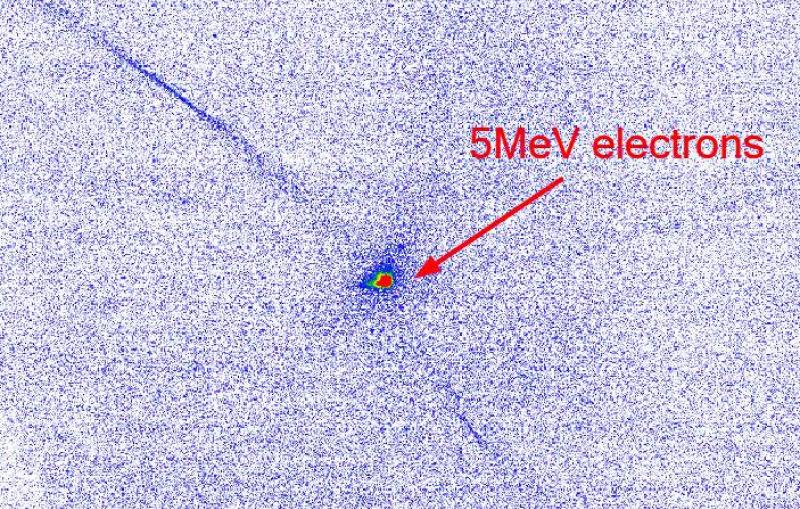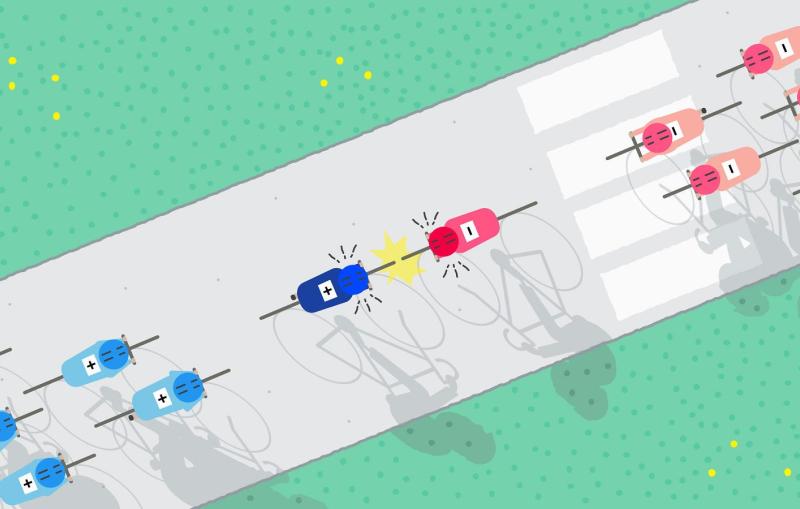June 25, 2019
The future of particle accelerators may be autonomous
Particle accelerators are some of the most complicated machines in science.
Particle accelerators are some of the most complicated machines in science. Scientists are working on ways to run them with a diminishing amount of direction from humans.

Dig Deeper
